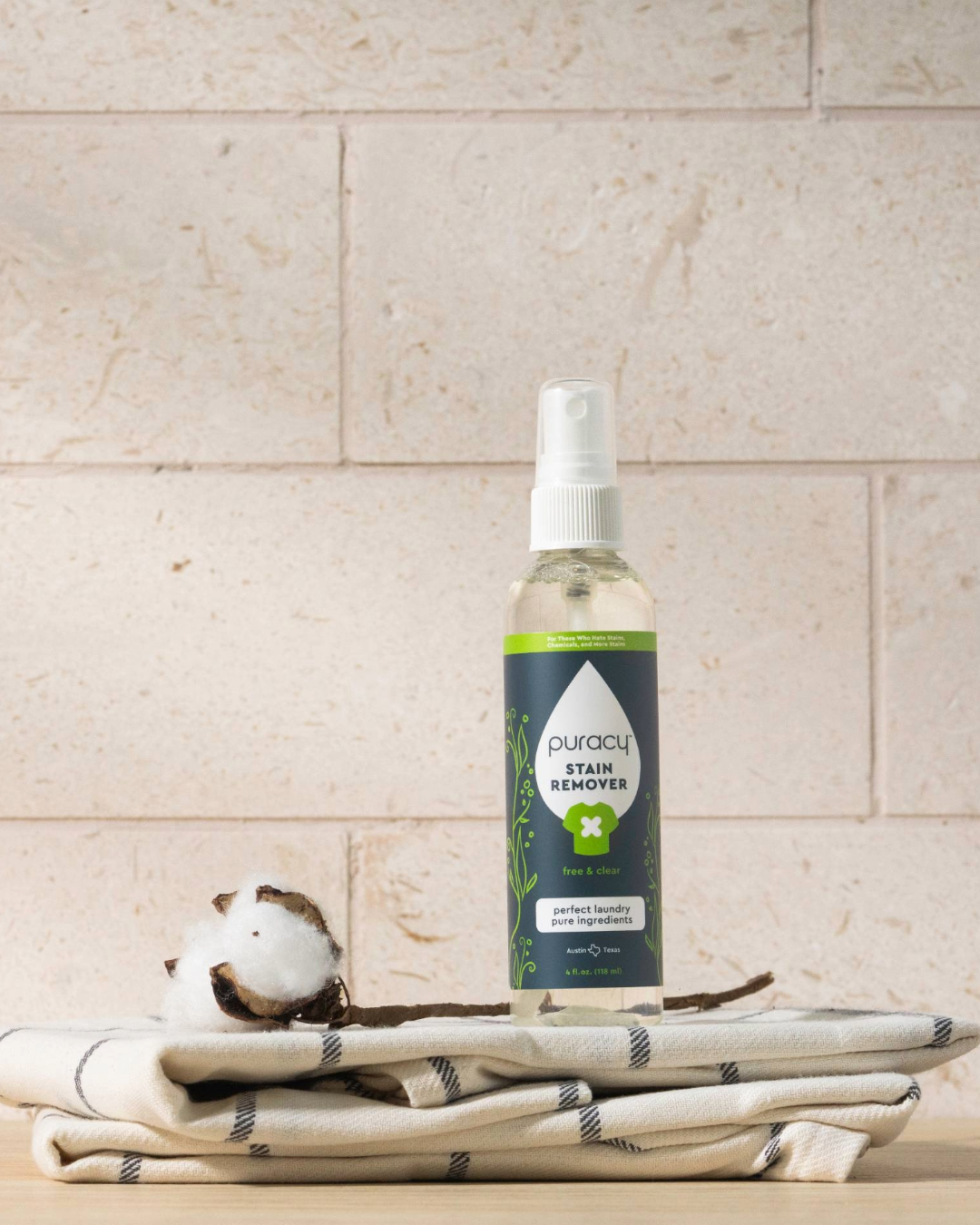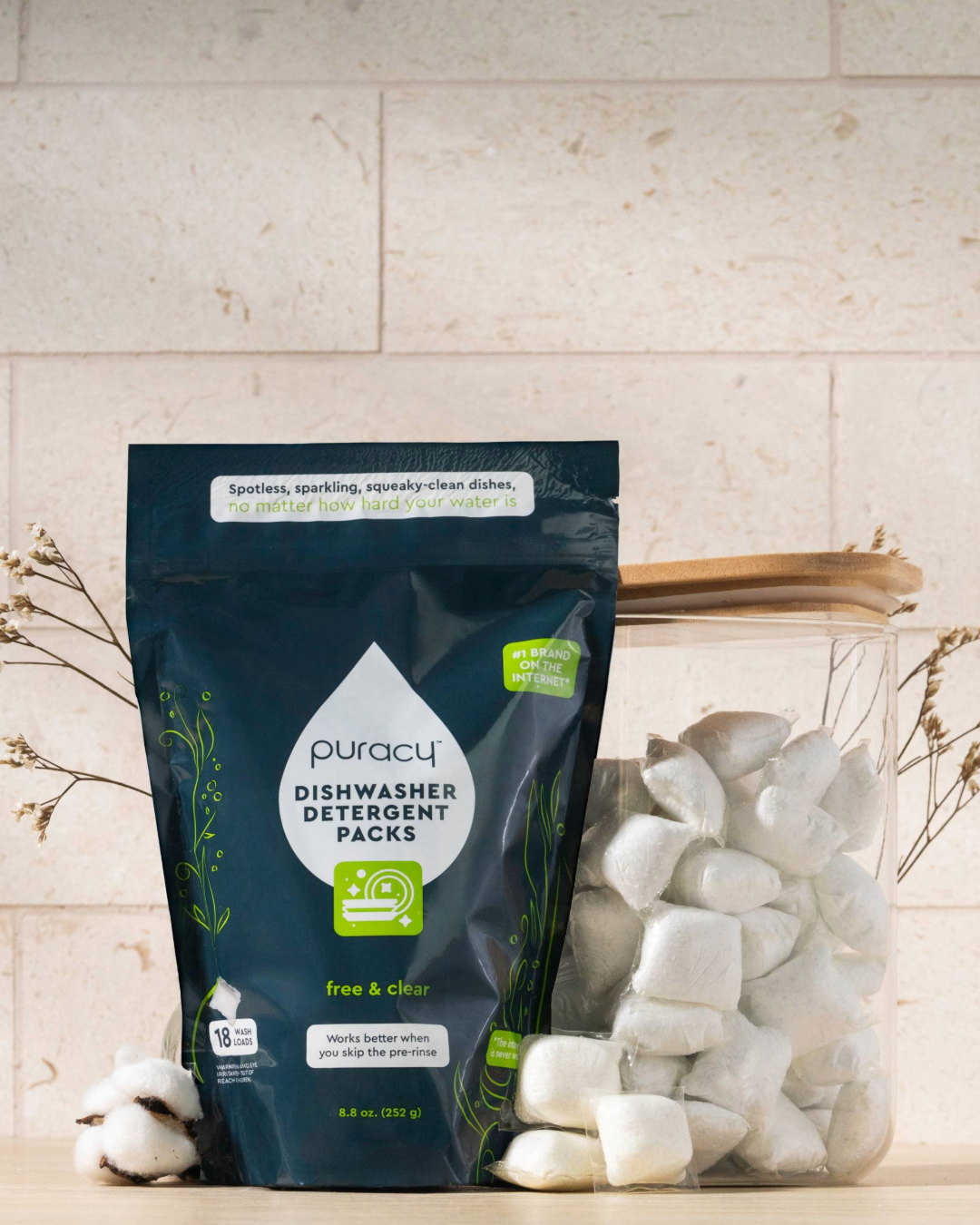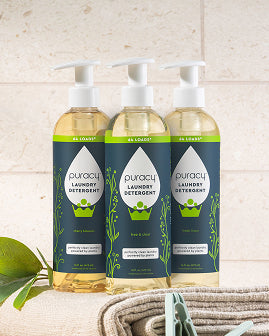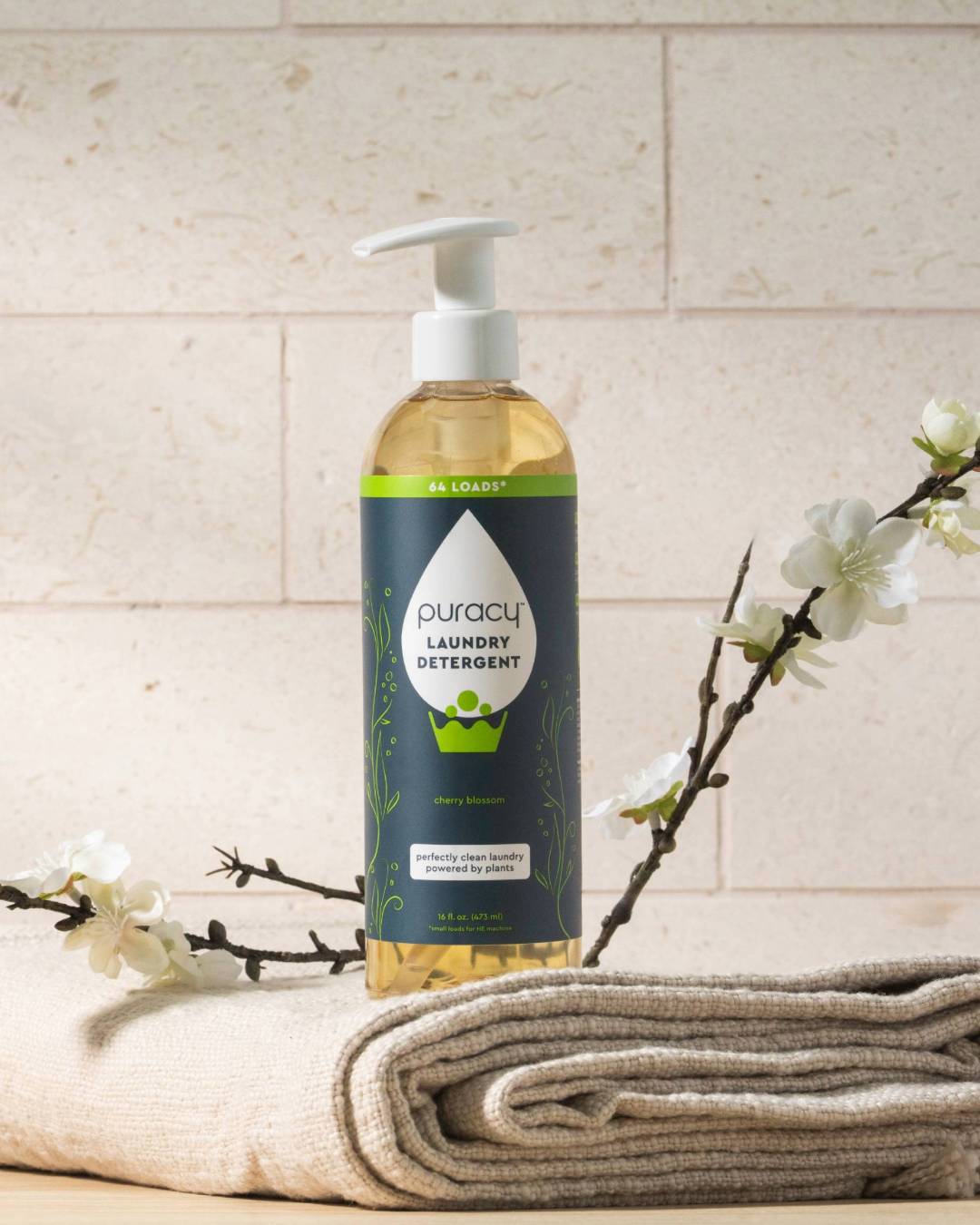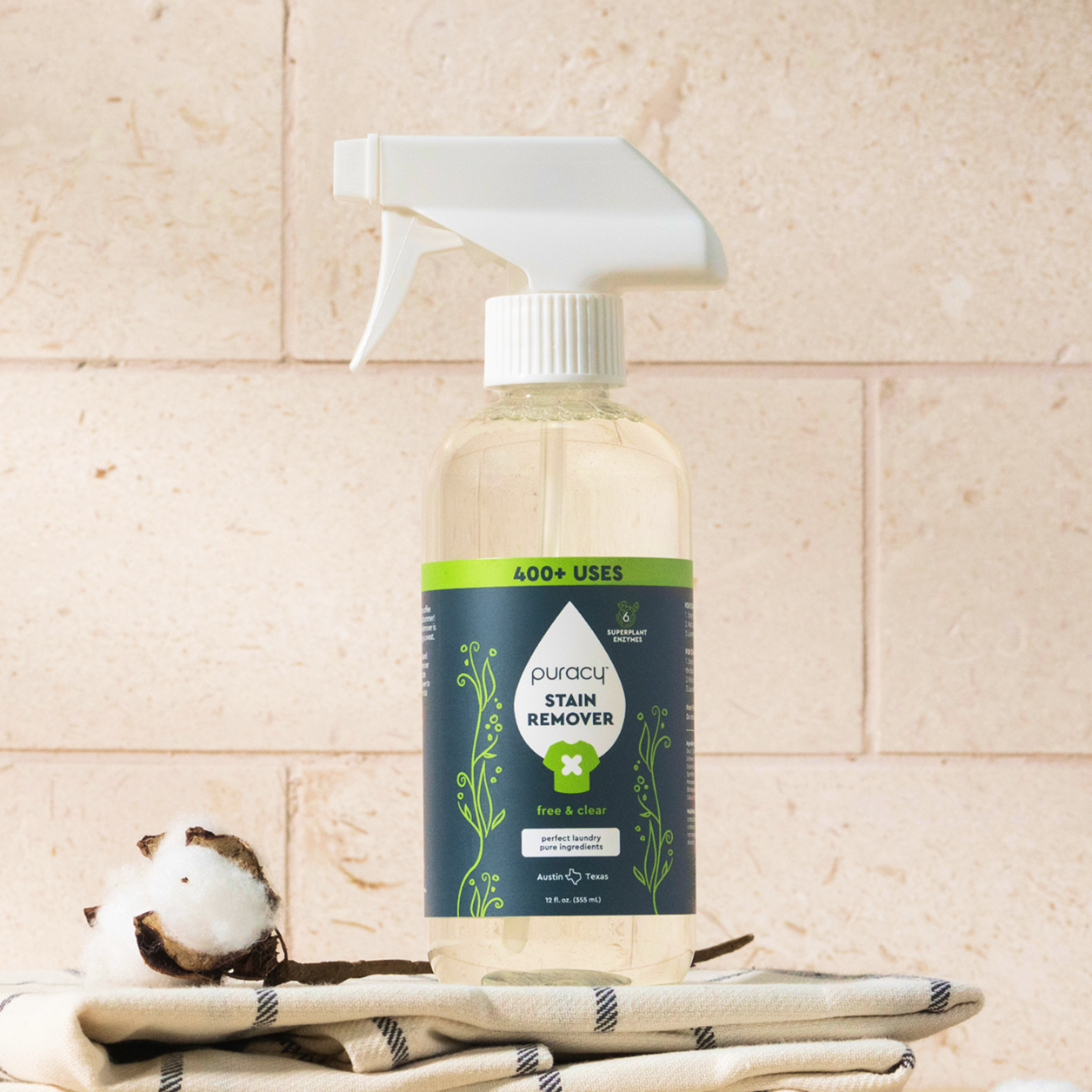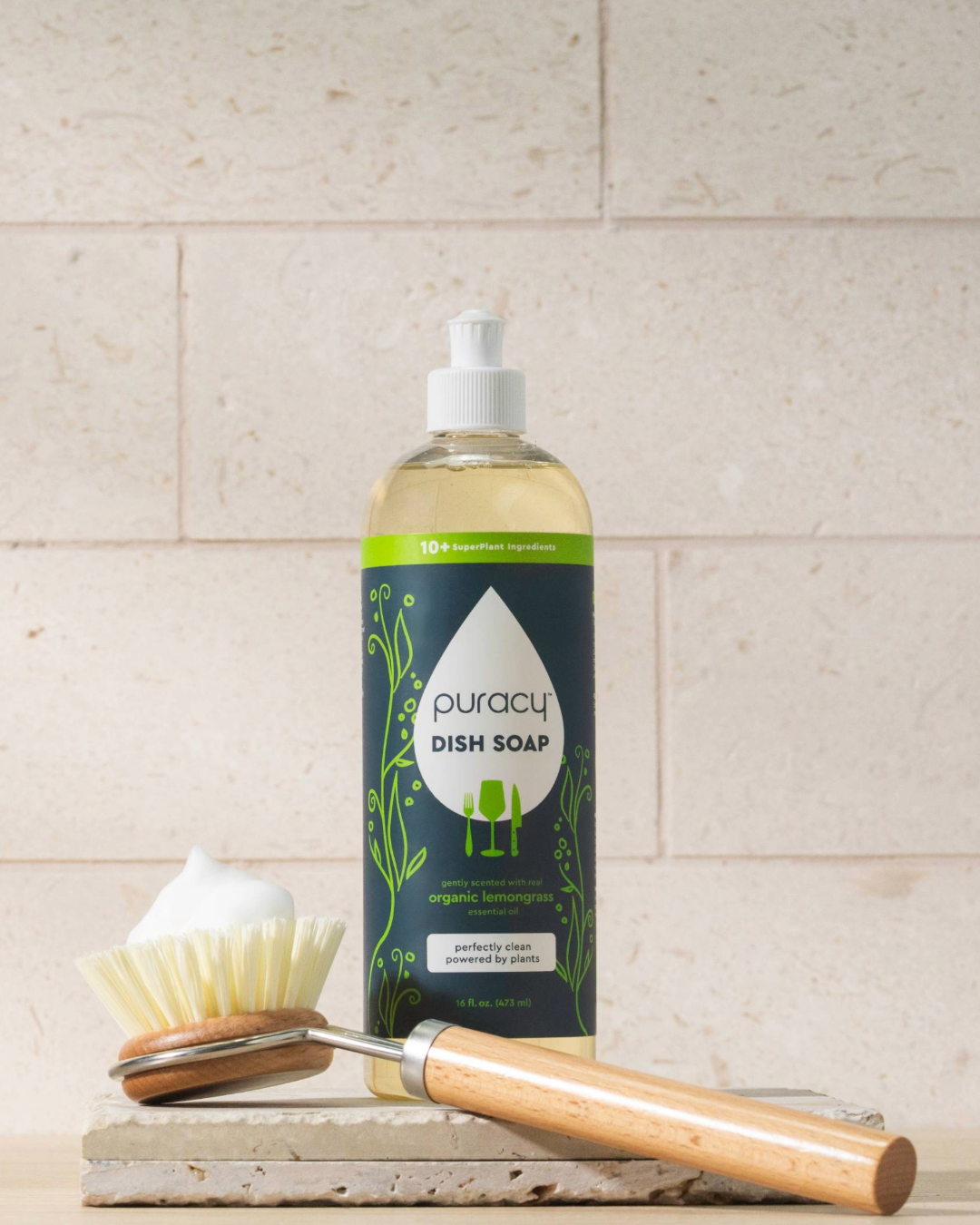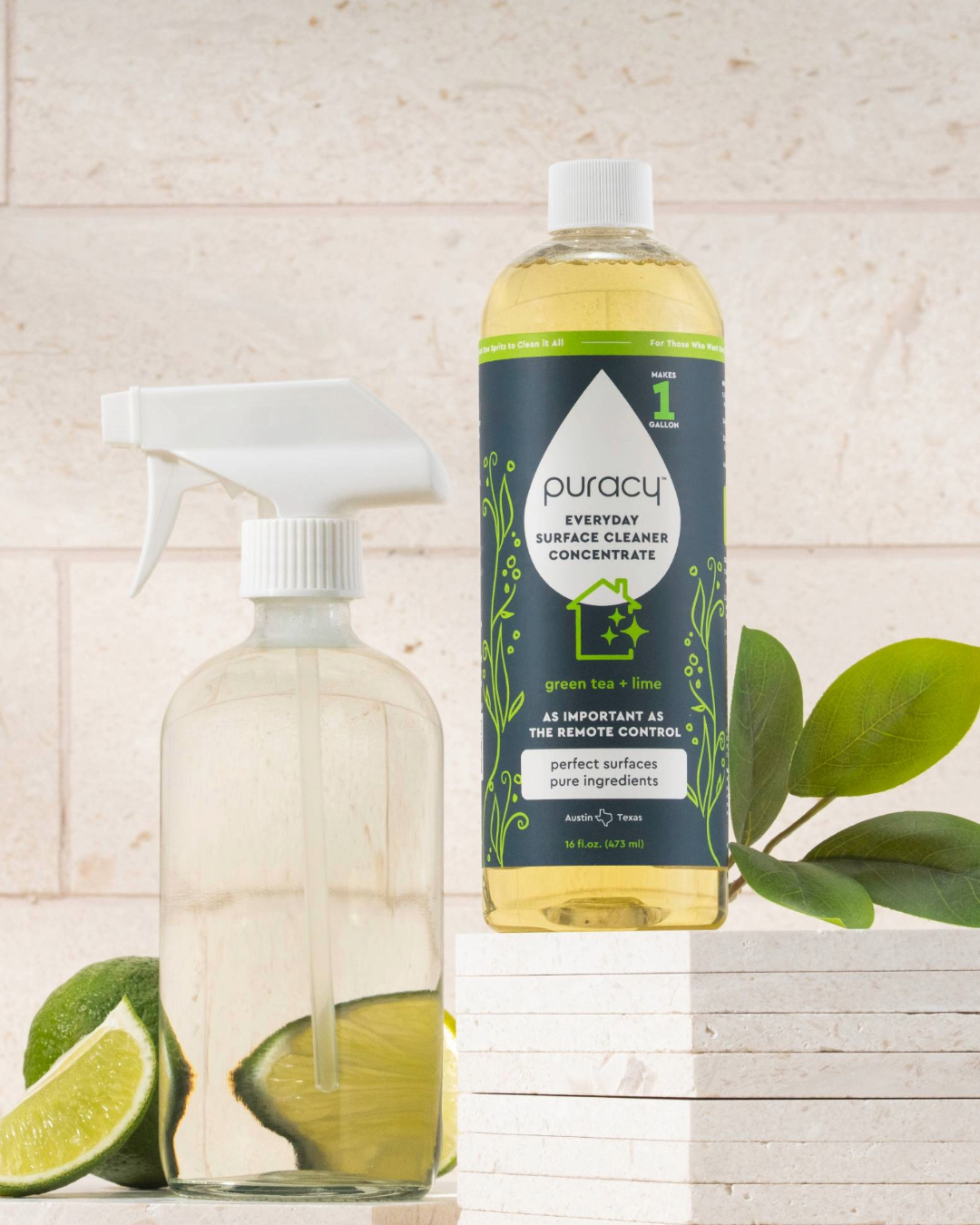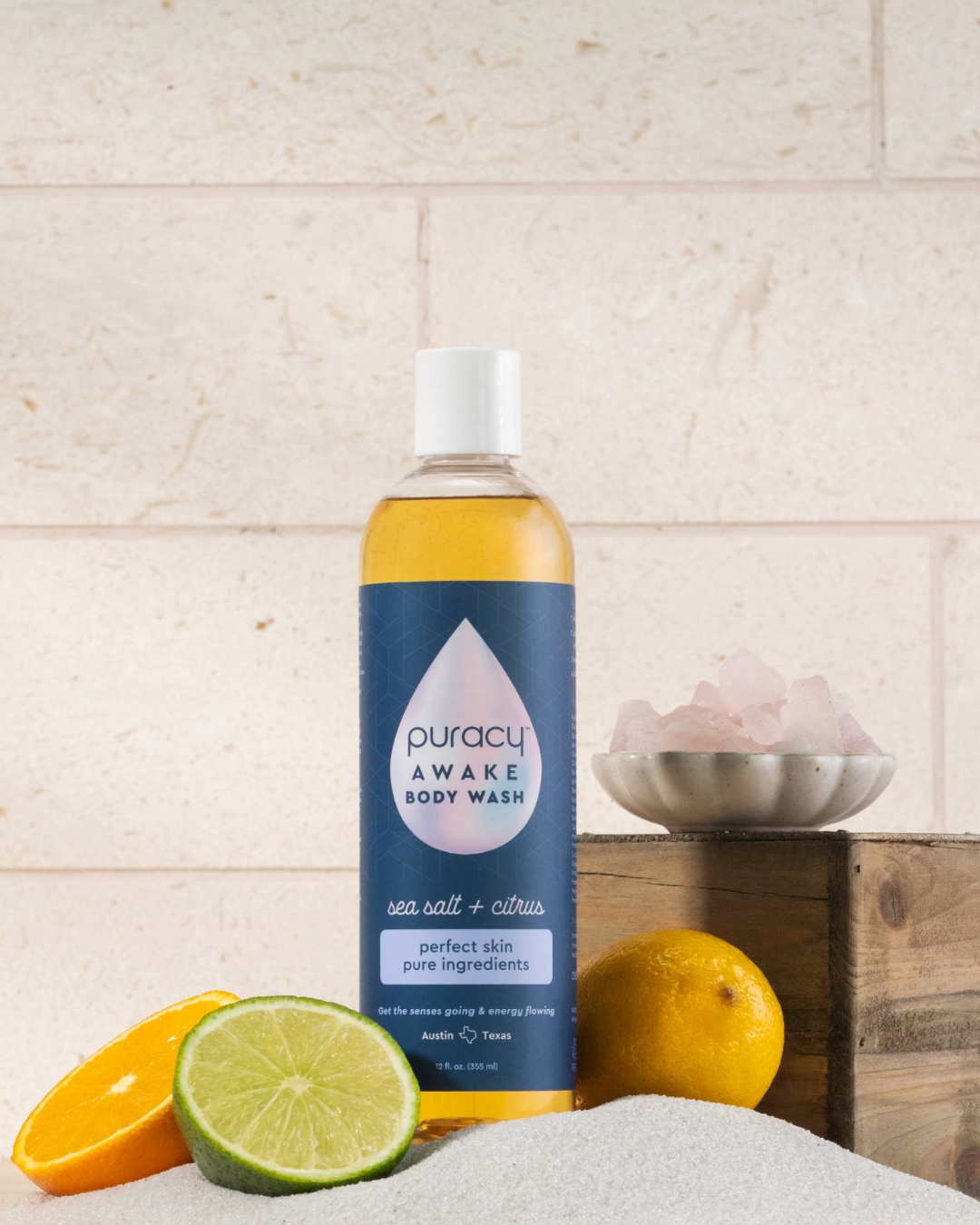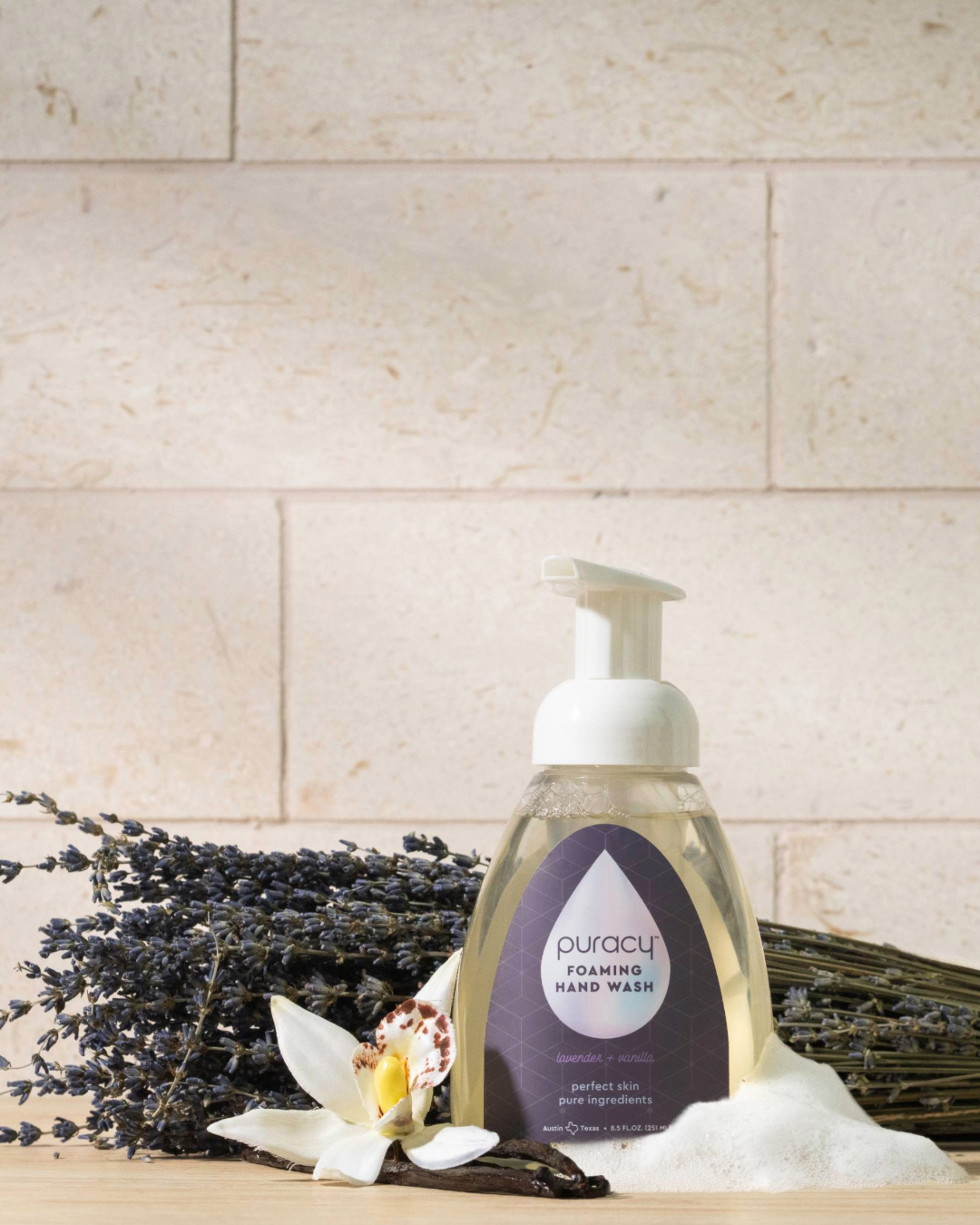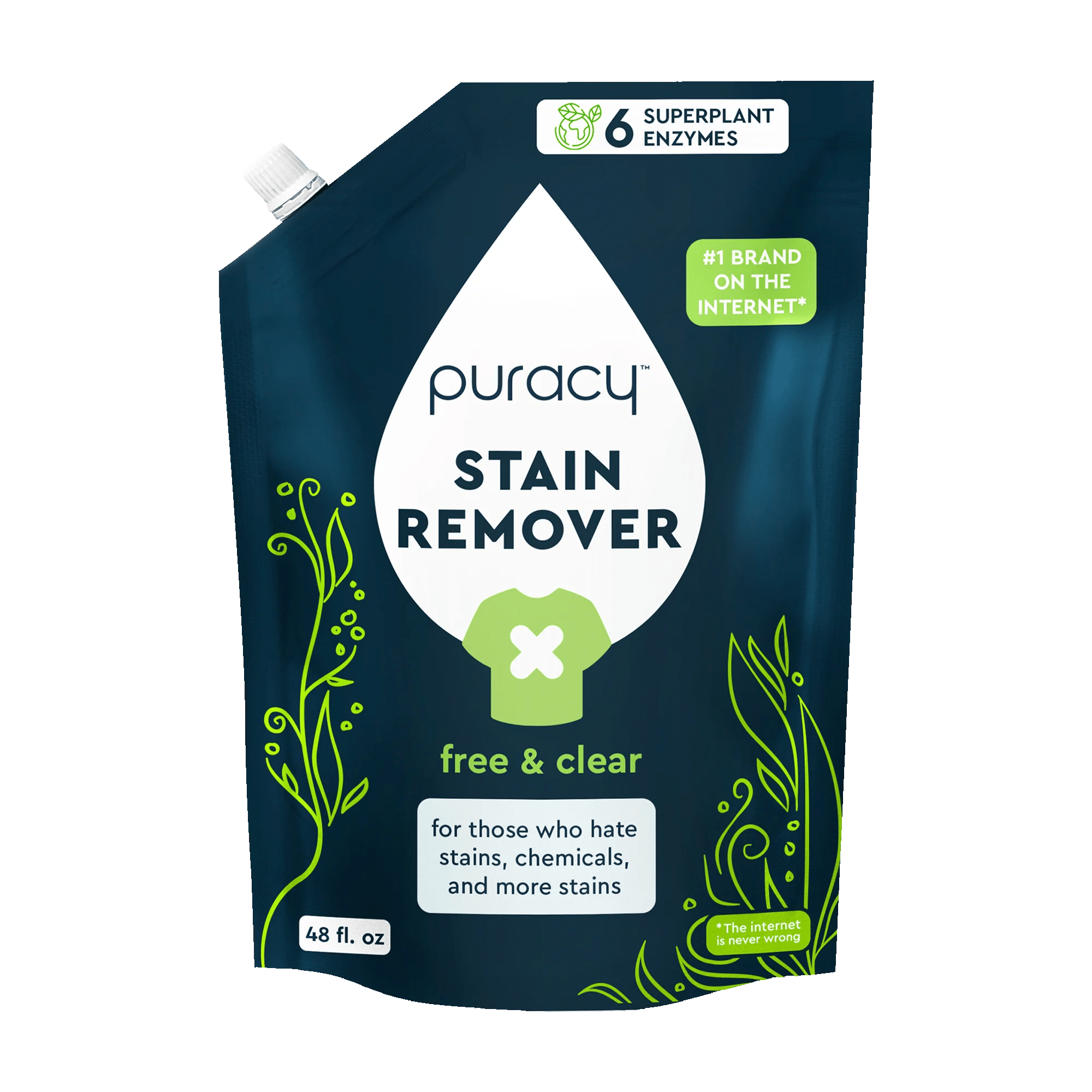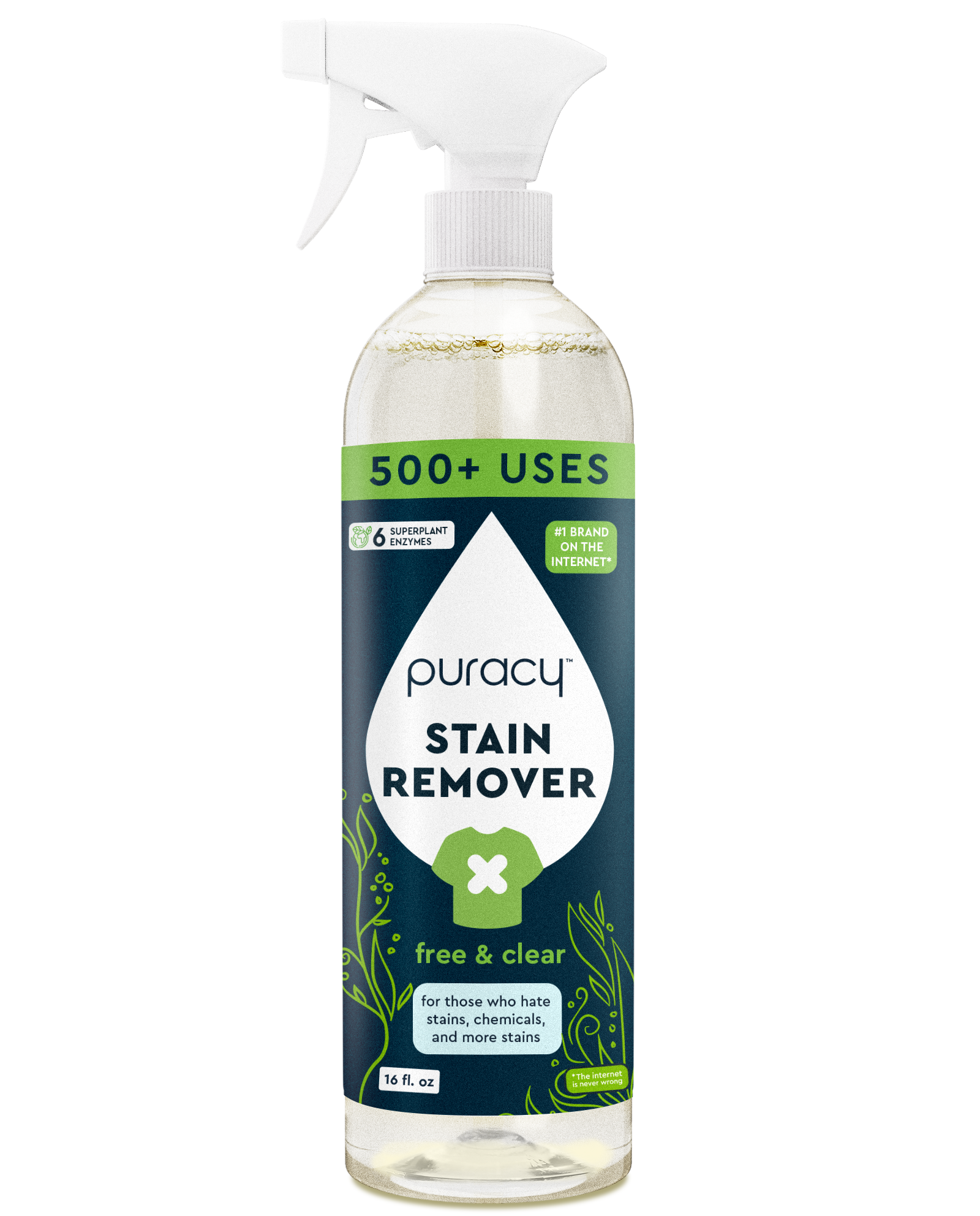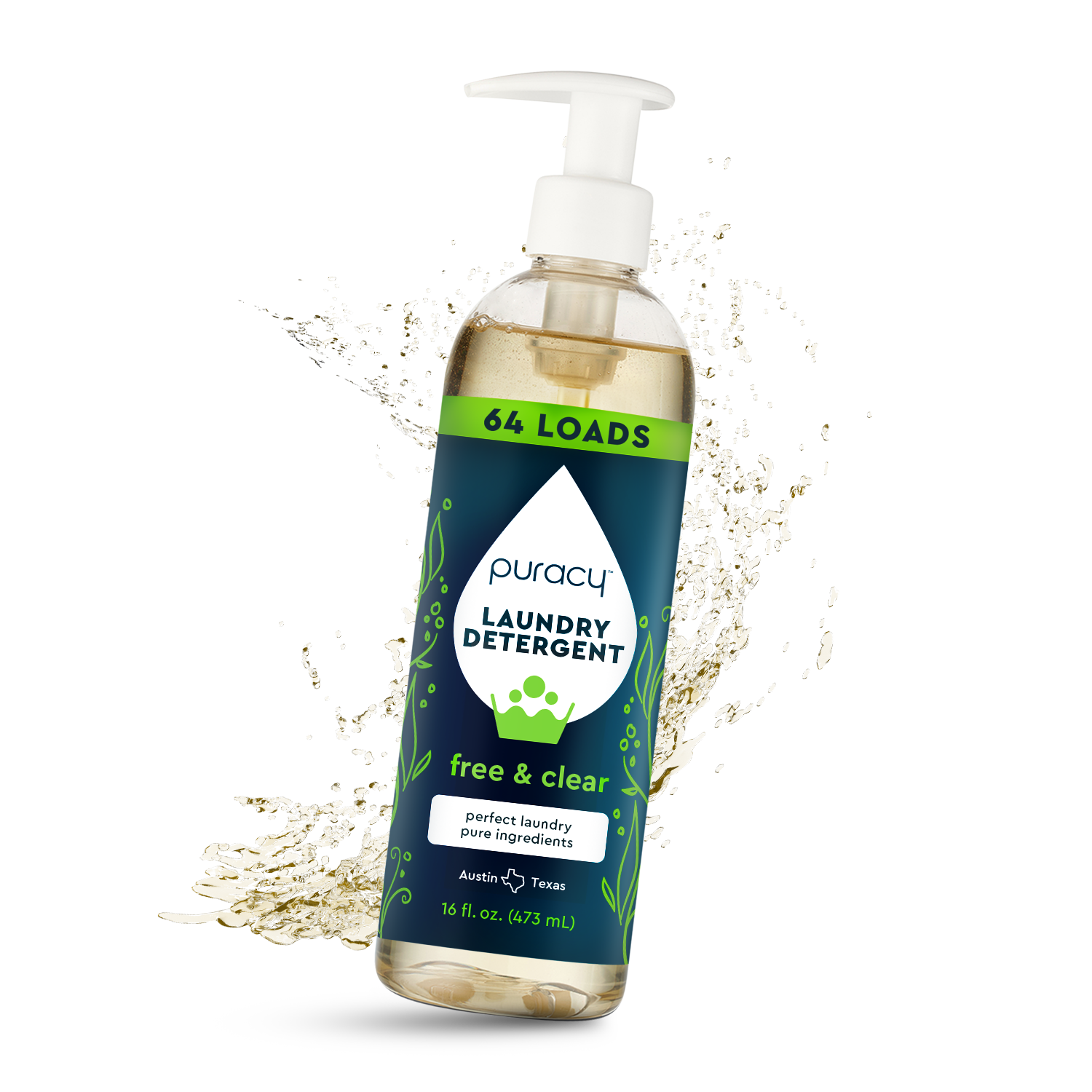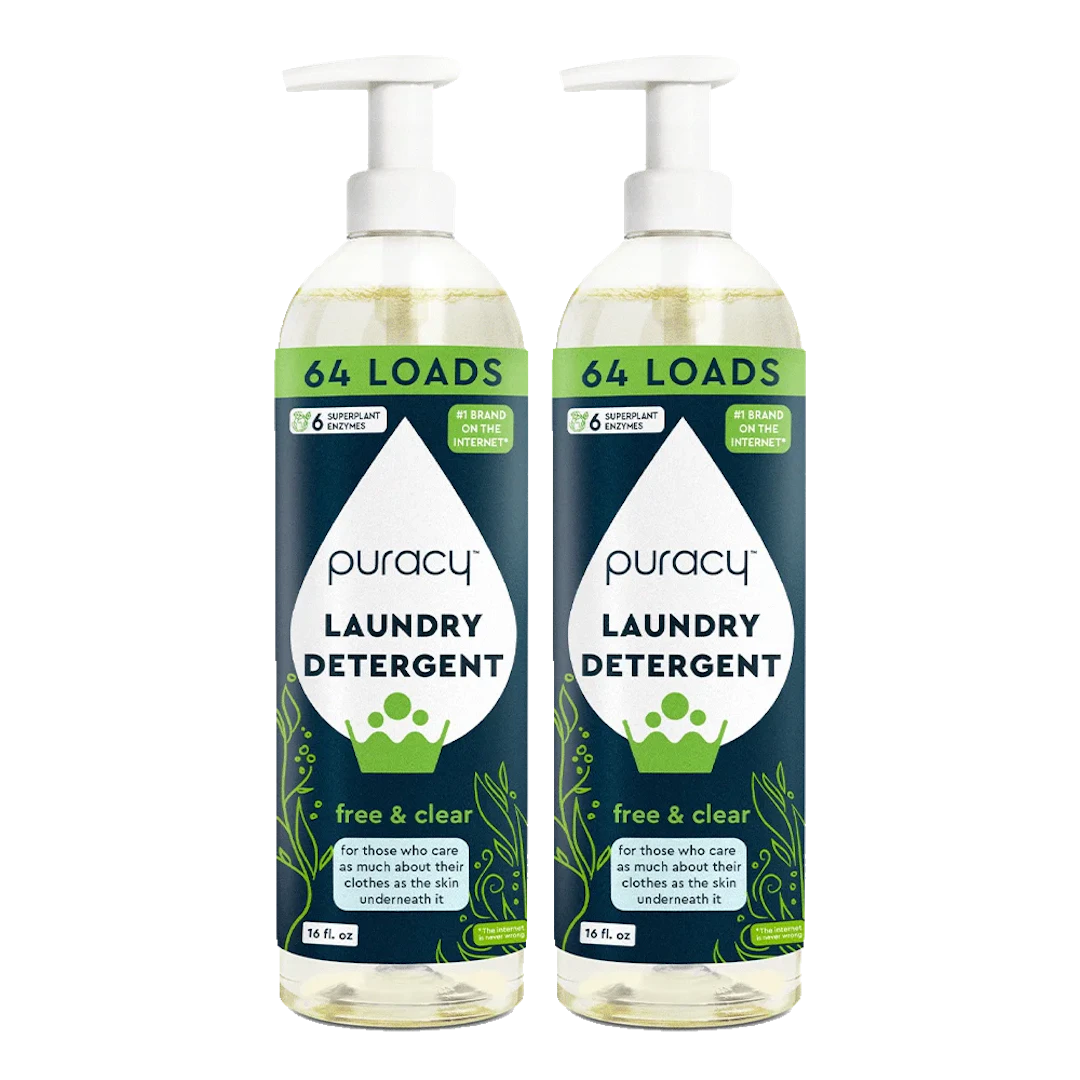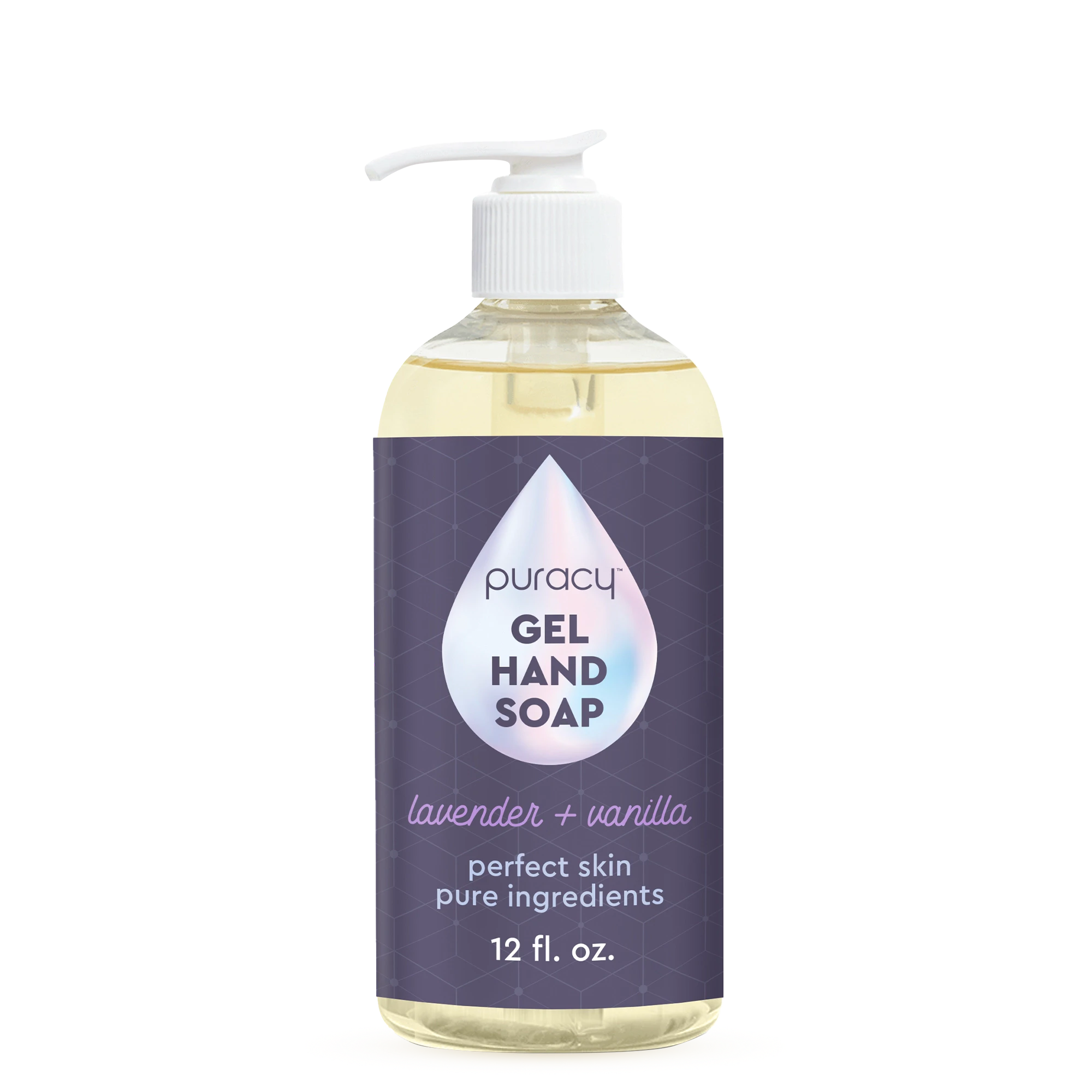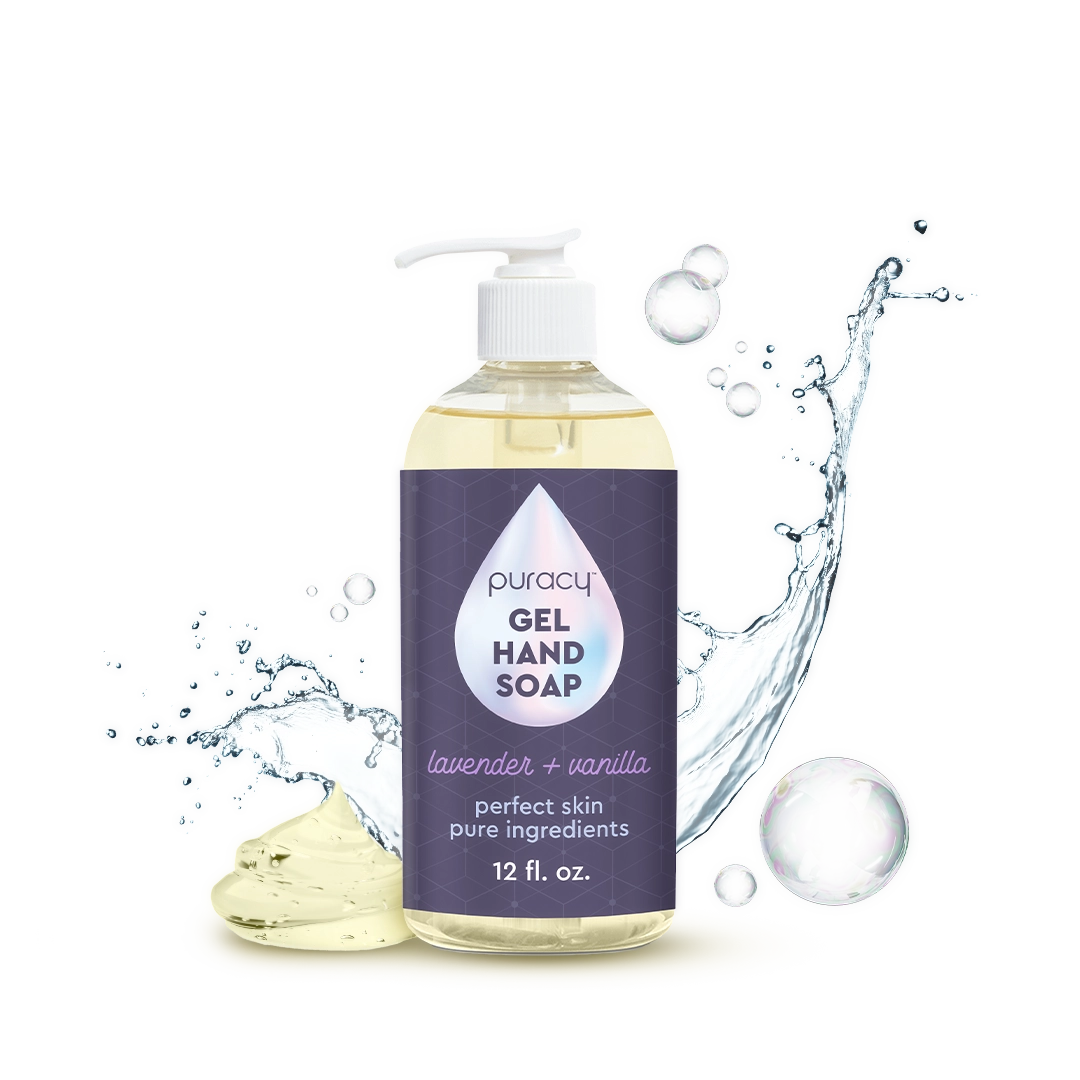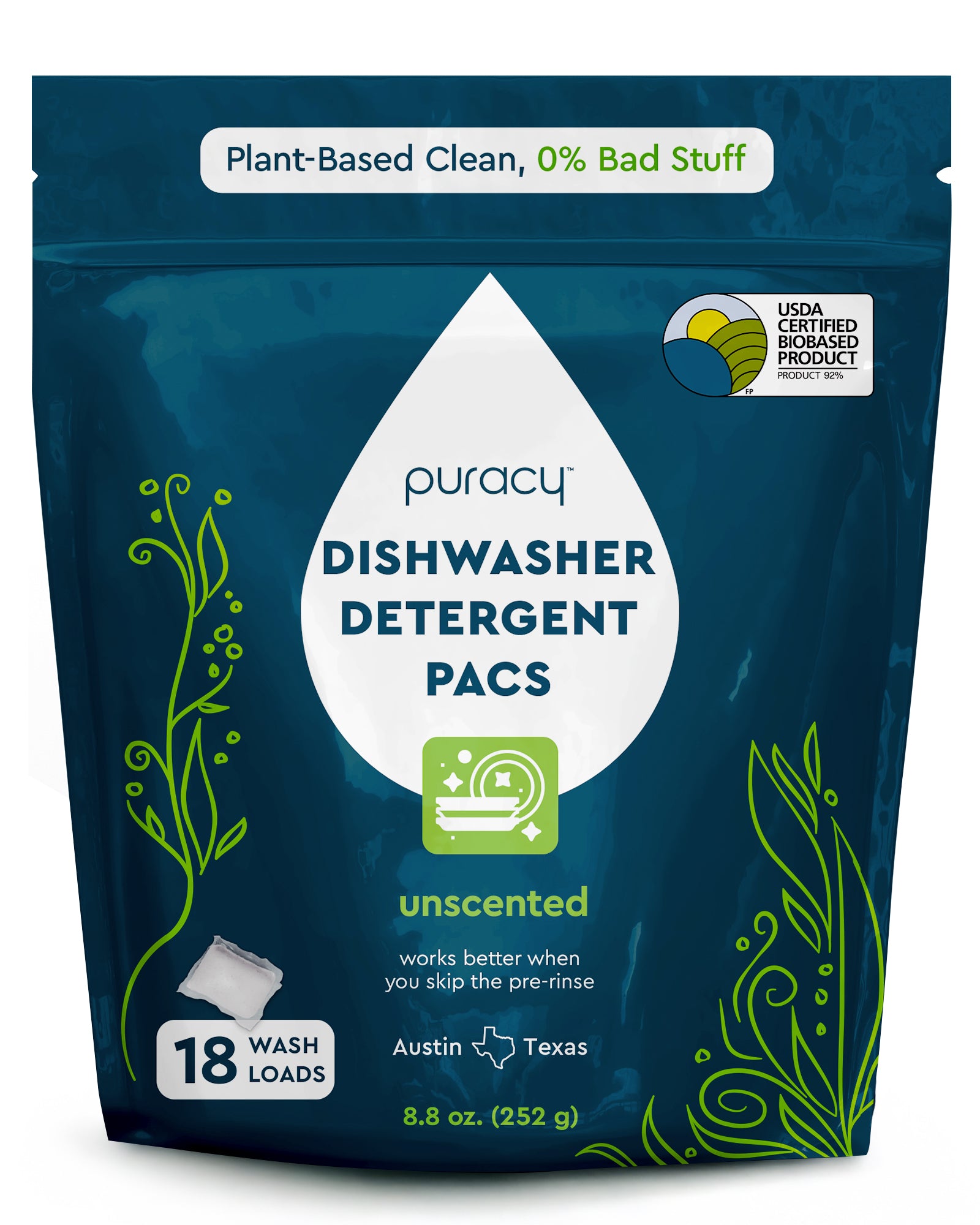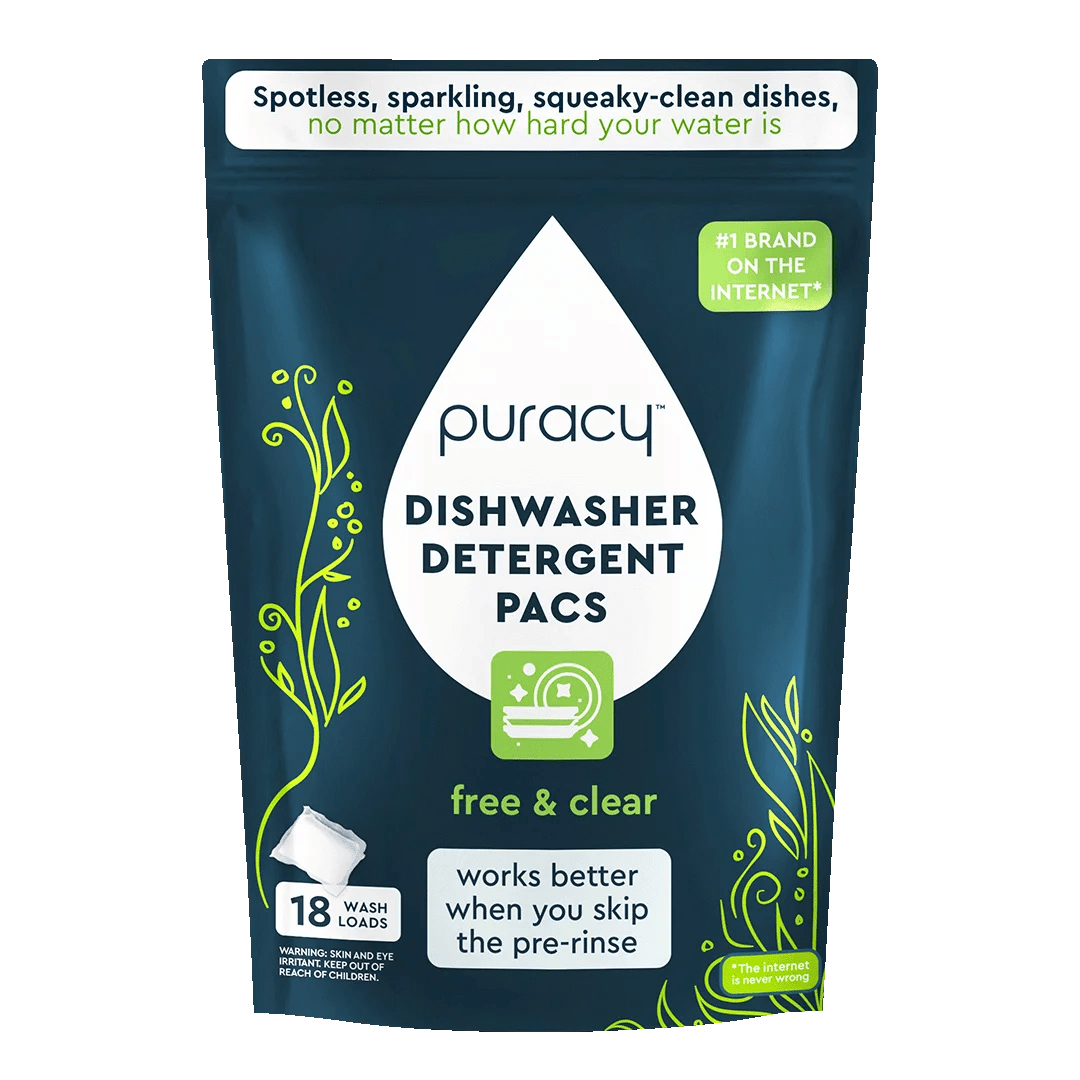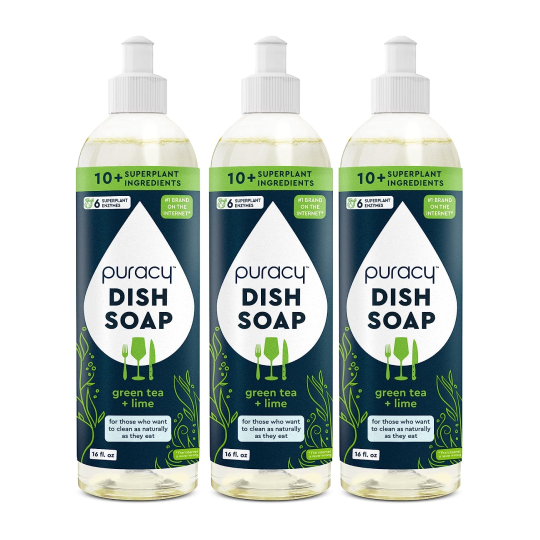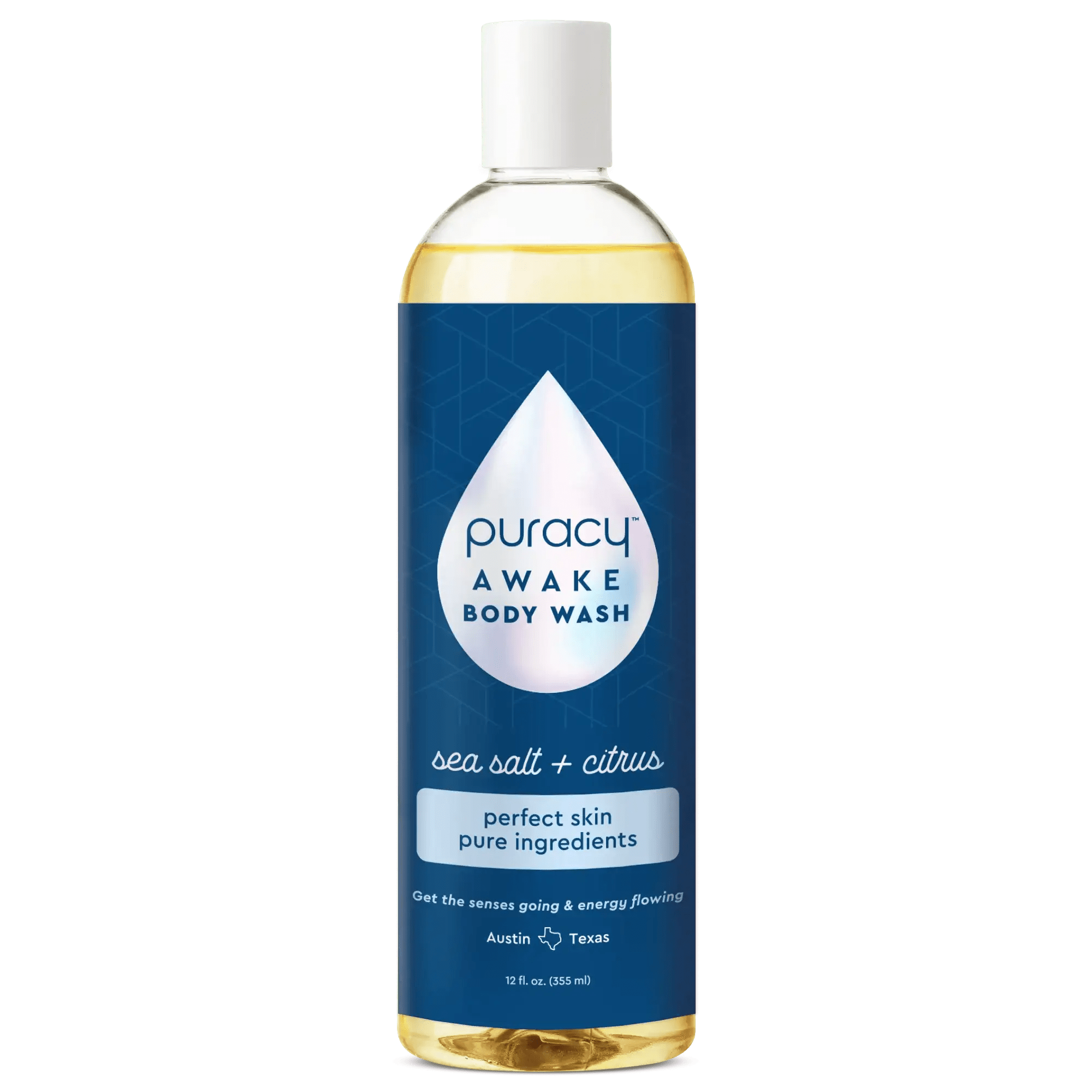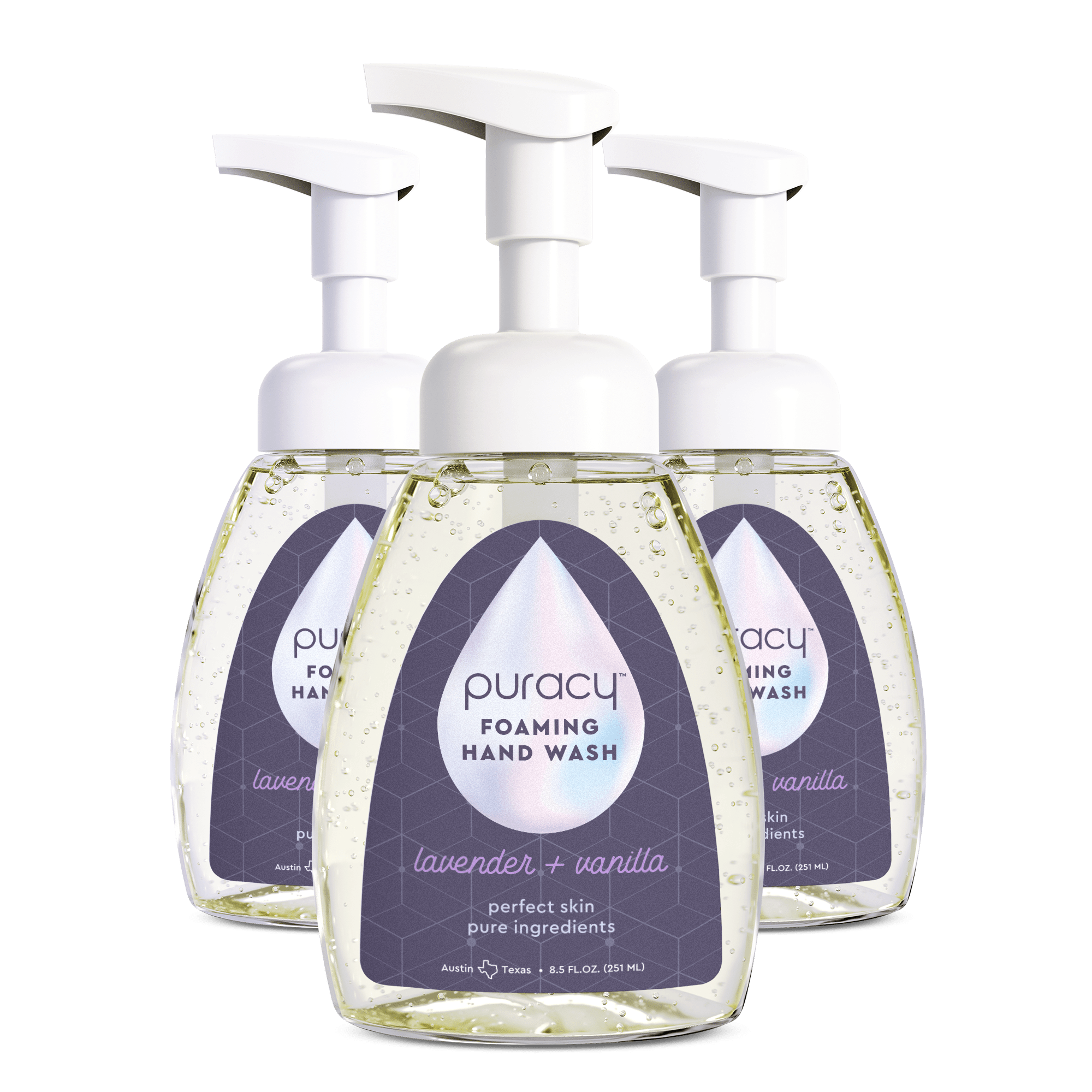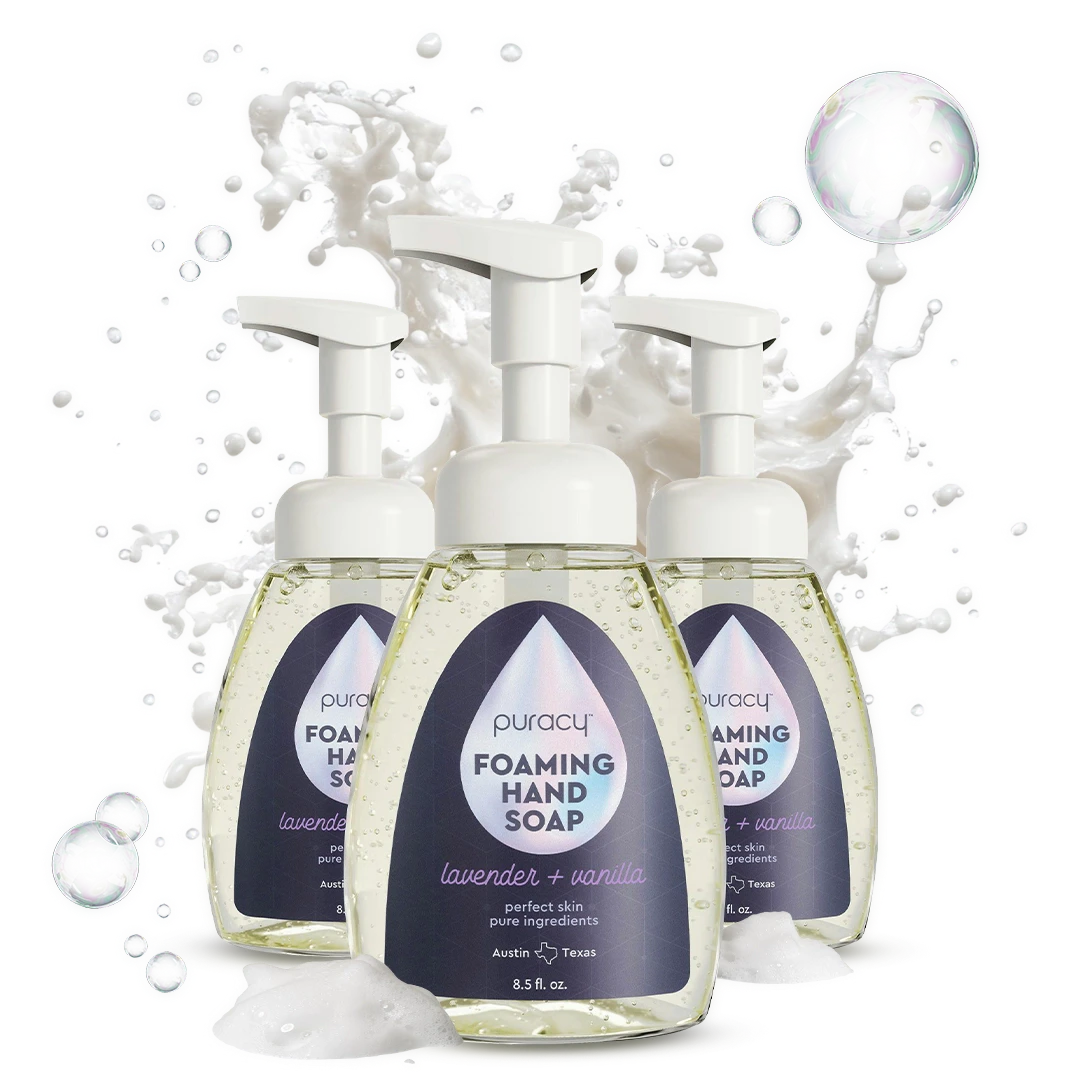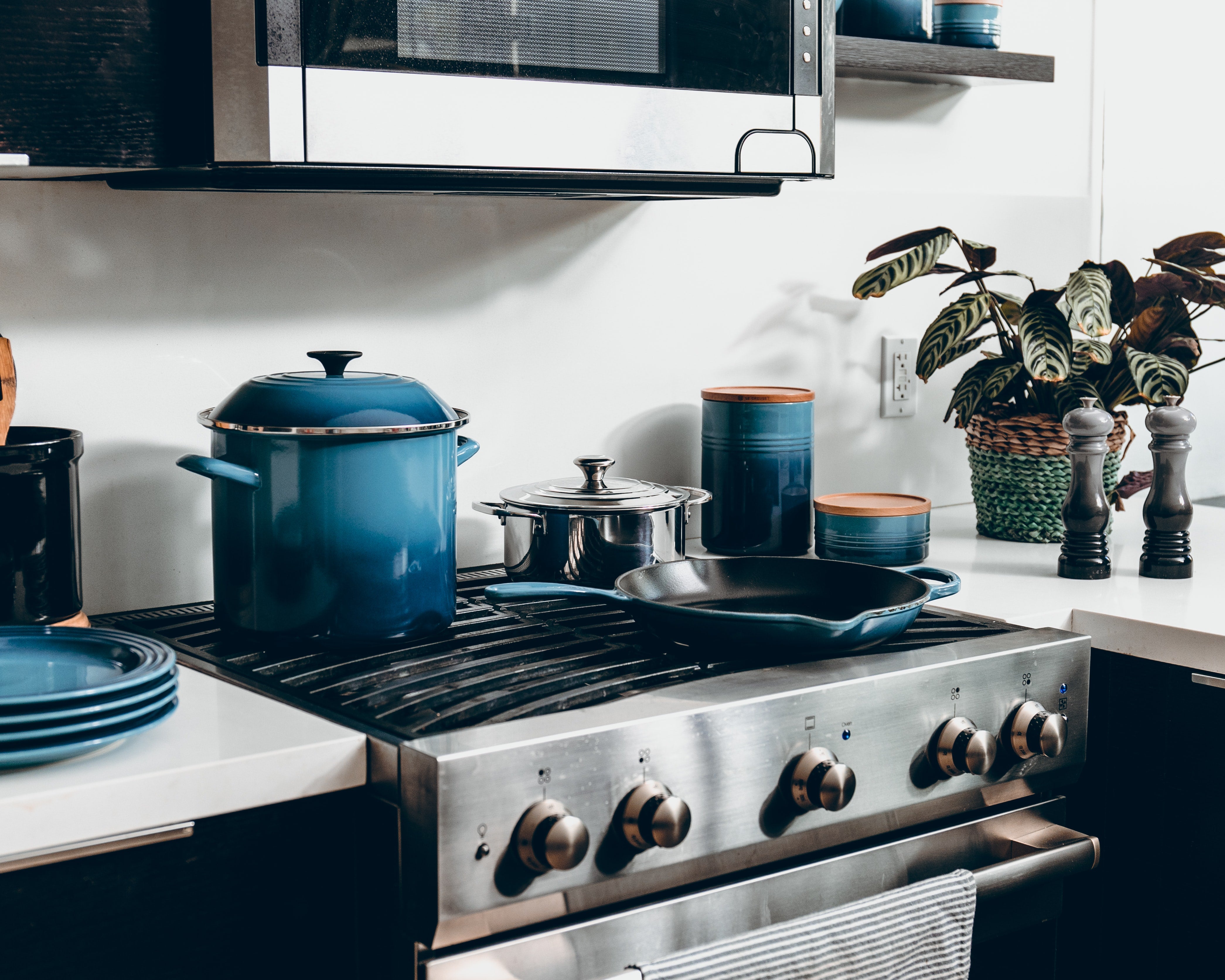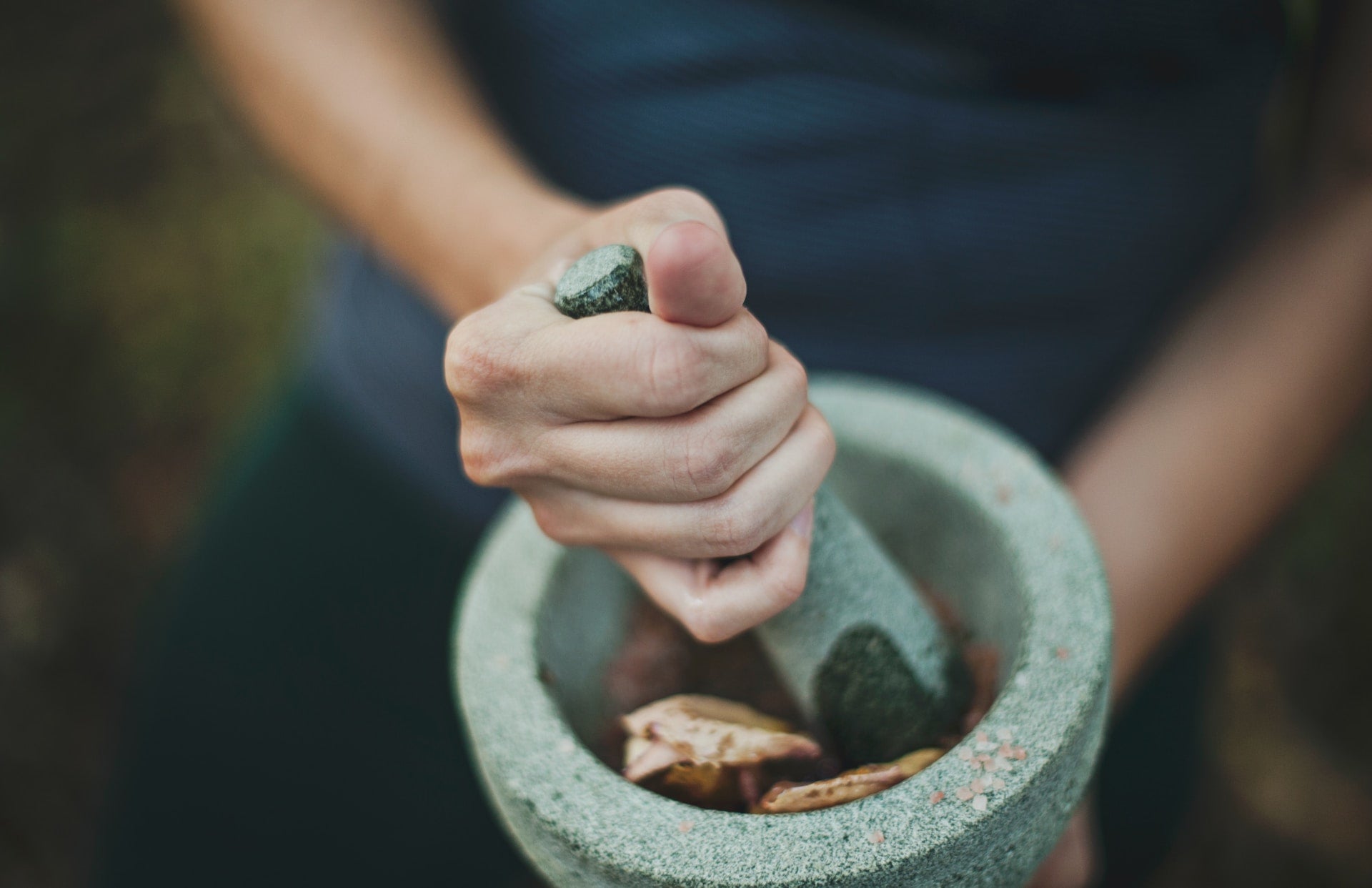
How to Clean a Mortar and Pestle
If you often use a mortar and pestle in the kitchen, you may have wondered what was the best cleaning method for this tool. Discover how to properly clean a mortar and pestle, as well as tips for maintaining it for years to come.
Steps for Cleaning a Mortar and Pestle

Here are some general steps for cleaning a mortar and pestle:
- Water Wash
Thoroughly rinse your mortar and pestle with warm water once you've finished using it, preferably right away.
- Add Soap
To properly clean the mortar and pestle, use a non-abrasive sponge and unscented dish soap.
- Rinse
Thoroughly rinse the mortar and pestle in warm water until there is no trace of soap remaining.
- Dry
Before storing your mortar and pestle, make sure it's fully dry using a microfiber towel.
Cleaning Different Types of Mortars and Pestles

Mortars and pestles are available in a vast array of shapes, sizes, and materials, each created to meet a particular requirement in the culinary or scientific world. Discover how to clean these different materials.
How to Clean a Granite Mortar and Pestle

What You’ll Need:
- Soft brush or sponge
- Dish Soap
- Microfiber Towel
Steps:
- To remove any food residue, gently wash the mortar and pestle in warm water with a soft brush or sponge.
- Use residue-free dish soap to wash the tool. This is to make sure your ingredients stay fresh and your mortar and pestle remain dependable in your cooking.
- Thoroughly rinse with warm water.
- Allow to completely dry before storing using a microfiber towel.
Pro Tip: After each use of your granite mortar and pestle, rinse it with warm water to prevent stains from oily or acidic foods, which can easily stick to the surface. To avoid moisture buildup, keep it in a cool, dry place.
How to Clean a Marble Mortar and Pestle

What You’ll Need:
- Soft brush or sponge
- Dish Soap
- Microfiber Towel
- Baking soda
Steps:
- To remove any food residue, gently wash the mortar and pestle in warm water with a soft brush or sponge.
- Remove any stains using baking soda.
- Use dish soap to wash the tool.
- Thoroughly rinse with warm water.
- To dry, use a microfiber towel. Make sure all surfaces are dry before storing.
Pro tip: To keep the luster of your marble, use a marble sealer on a regular basis.
How to Clean a Stone Mortar and Pestle

What You’ll Need:
- Soft brush or sponge
- Dish Soap
- Microfiber Towel
Steps:
- Rinse your mortar and pestle thoroughly with warm water.
- If you notice any debris or dirt, simply use your hands to clean it away. If you decide to use dish soap, make sure it's unscented and mild to avoid any soap fragrances transferring to your ingredients. Gently scrub the surface with a sponge, and then give it another rinse with warm water.
- When it comes to drying, you have two choices: either grab a microfiber towel to prevent water stains on the stone, or just let it air dry naturally.
Pro tip: Since odors can be absorbed by stone mortars, occasionally deodorizing with a paste of baking soda can be helpful. Use of acidic or citrus-based cleaners should be avoided as they may damage the stone.
How to Clean a Ceramic Mortar and Pestle

What You’ll Need:
- Soft brush or sponge
- Dish Soap
- Microfiber Towel
Steps:
- Rinse the ceramic mortar and pestle with warm water after each use. If necessary, use a mild, unscented dish soap with a sponge, and rinse thoroughly.
- Ensure the mortar and pestle are completely dry before storing them in a cool, dry place away from direct sunlight. Consider using a cloth or cover for protection.
- While not required, occasional grinding of uncooked rice can help keep the interior clean and eliminate lingering odors.
Pro tip: To avoid chipping or cracking, be cautious when cleaning. Abrasive materials that could scratch the ceramic surface should be avoided.
How to Clean a Wooden Mortar and Pestle

What You’ll Need:
- Soft brush or sponge
- Dish Soap
- Microfiber Towel
Steps:
- When you're using your wooden mortar and pestle for the first time, be sure to properly season it first.
- After using it for dry ingredients, simply grab a paper towel and wipe it clean to remove any food debris.
- If you've been using it for wet ingredients, just use a damp cloth soaked in warm water to clean it, and then let it air dry naturally.
Pro tip: Reserve your wooden mortar and pestle for dry ingredients as it absorbs liquids. Prolonged soaking is not recommended since wood might absorb water and crack.
How to Clean a Cast Iron Mortar and Pestle

What You’ll Need:
- Soft brush or sponge
- Dish Soap
- Microfiber Towel
- Cooking Oil (optional)
Steps:
- To clean, simply use warm water and a gentle brush or sponge. If necessary, you can use a bit of mild dish soap, but not too much.
- When you're done, make sure to store it in a dry place and ensure it's always dry after each use to avoid any rusting.
- Optional: To form a protective, non-stick layer, lightly season the cast iron with cooking oil.
Pro tip: To keep cast iron in good condition, use rust removal treatments such as vinegar and salt. When it comes to seasoning cast iron equipment, vegetable oil is frequently regarded as the best option.
How to Clean a Clay Mortar and Pestle

What You’ll Need:
- Soft brush or sponge
- Dish Soap
- Microfiber Towel
Steps:
- Use warm water and a soft brush or sponge for cleaning. Avoid harsh detergents or abrasive scrubbers.
- If food is stuck, soak it briefly in warm water to make cleaning easier.
- Always ensure it's completely dry before storing to prevent moisture-related issues.
- Be mindful of extreme temperature changes, as clay can crack. Store it in a cool, dry place away from sunlight, and use a cover for protection.
Pro tip: To keep clay mortars odor-free, season them with rice powder or flour. Avoid using aggressive cleaning products that can harm the clay.
How to Deodorize a Mortar and Pestle

Frequent kitchen use can result in odors or smells, so regularly deodorizing your tool can keep it fresh.
What You’ll Need:
- Baking Soda
- Soft brush or sponge
- Microfiber towel
Steps:
- Make a paste using 1-2 tablespoons of baking soda and a small amount of water.
- Spread the paste inside the mortar and scrub gently with a gentle brush or sponge.
- Allow the paste to remain for 15-30 minutes to absorb odors.
- Thoroughly rinse the mortar and pestle in warm water until all residue has been removed.
- To avoid moisture-related odors, make sure the mortar is totally dry.
Pro tip: For added freshness, add citrus zest or incorporate dry herbs, such as rosemary, into the paste. Sunlight can also help to reduce scents.
How to Remove Stains from a Mortar and Pestle

Stains and odors can be a concern when using your mortar and pestle. However, there are simple methods using household items to keep it clean and fresh. Below, we'll share effective stain removal techniques.
- Baking Soda and Salt: A mix of baking soda and a pinch of salt acts as a gentle scrub to help remove light stains and odors from your mortar and pestle, particularly for general cleaning.
- Vinegar: You can use vinegar, which is known for its stain-removing power, to tackle stubborn stains like turmeric. Just dilute vinegar with water, soak your mortar and pestle, and rinse thoroughly afterward to ensure no lingering taste or odor.
- Lemon Juice: Lemon juice's natural acidity is effective in breaking down stains and odors. Simply squeeze some lemon juice onto the stained area, gently scrub, and rinse thoroughly.
- Hydrogen Peroxide: For tougher stains, hydrogen peroxide can be a useful option. Apply it to the stained area, let it sit briefly, scrub gently, and rinse thoroughly.
- Plant-Based or Enzyme-Based Cleaners: There are plant-based and enzyme-based cleaners available that are safe for clay surfaces. They work well at removing stains and odors without harsh chemicals.
How to Disinfect a Mortar and Pestle

Keep germs, pathogens, viruses, and bacteria at bay by regularly disinfecting your mortar and pestle.
What You’ll Need:
- Soft brush or sponge
- Dish soap
- Natural disinfectant
- Microfiber towel
Steps:
- Thoroughly rinse the mortar and pestle under warm water to eliminate any visible residue.
- To clean your mortar and pestle, softly brush or sponge its surfaces with warm water and a gentle dish soap that won't leave behind any residue, ensuring the purity of your ingredients remains intact.
- Rinse the mortar and pestle under running water and allow it to dry completely.
- Spray the tool with disinfectant. Let stand and remain visibly wet for 10 minutes.
- Wipe completely dry with a microfiber towel.
Pro tip: Use a dedicated mortar and pestle for raw meats to avoid cross-contamination.
General Care Tips for Your Mortar and Pestle

Regularly season with food-grade oil.
Periodically season your mortar and pestle or molcajete with a thin layer of food-grade oil to prevent the absorption of flavors and odors. Alternatively, grind aromatic herbs or spices to infuse the interior with unique flavors that can enhance future culinary creations.
Store in a cool, dry place.
After cleaning, make sure your mortar and pestle is completely dry before storing it to prevent mold growth, odors, or damage. Protect it from contaminants by using a cover or cloth and store it in a cool, dry place, away from direct sunlight, to maintain its pristine condition.
Prevent drying and cracking by conditioning.
For wooden mortar and pestles, especially hardwoods, periodically apply food-grade oil or beeswax to the surface to prevent drying, cracking, and splitting. Wipe away any excess to maintain a smooth finish.
Avoid extreme temperatures and abrasive cleaners.
Avoid exposing your mortar and pestle to extreme temperatures or sudden temperature changes, as this can lead to cracks or other damage. Finally, continue practicing gentle care during use and cleaning, avoiding harsh abrasives, detergents, or aggressive scrubbing to protect the surface and seasoning.
Cleaning Materials to Avoid
When cleaning a mortar and pestle, it's essential to avoid certain cleaning materials that can potentially harm the tool or transfer unwanted flavors to your culinary creations. Here's what to avoid:
- Abrasive cleaning materials (scouring pads, steel wool, abrasive brushes)
- Harsh detergents
- Citrus-based cleaners (can be too acidic for certain materials)
- Bleach or harsh chemicals
- Hot water on delicate materials
Keep Your Mortar and Pestle Clean Using Natural, Plant-Powered Formulas

Proper cleaning and care are essential to maintain the reliability of your mortar and pestle, and the approach should be tailored to the material. Regular maintenance not only keeps them free from odors, stains, and bacterial growth but also ensures their longevity. Keep your kitchen tool clean and maintained using Puracy’s effective, plant-powered Natural Dish Soap, ensuring it’s spotless and safe to use for your whole family.
